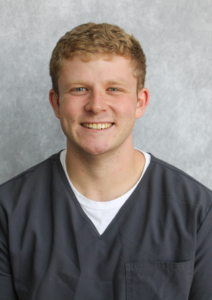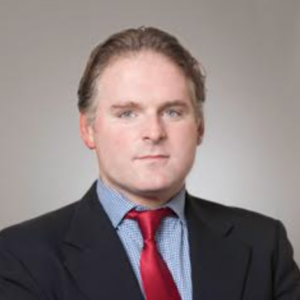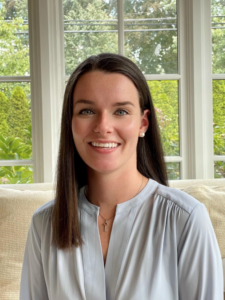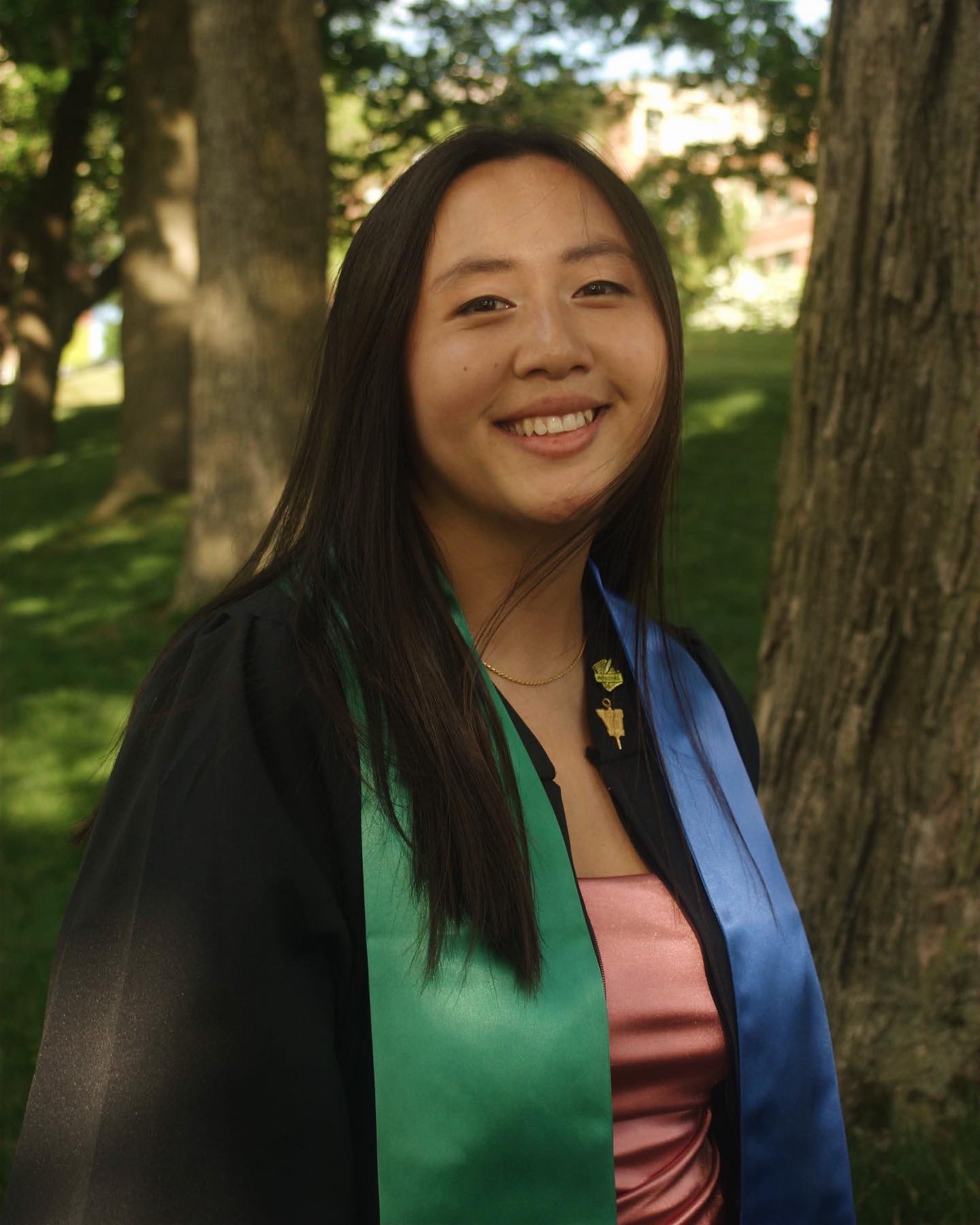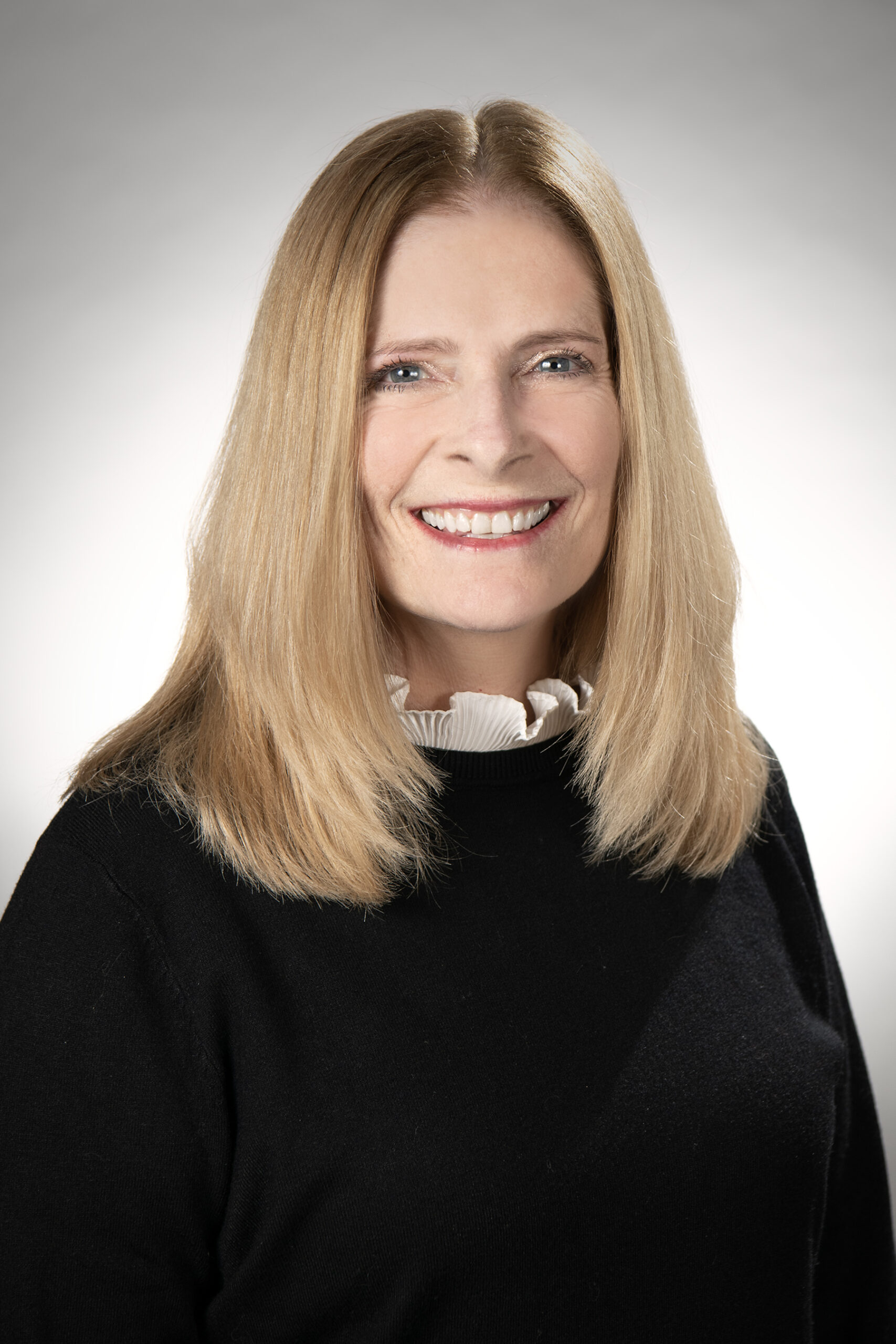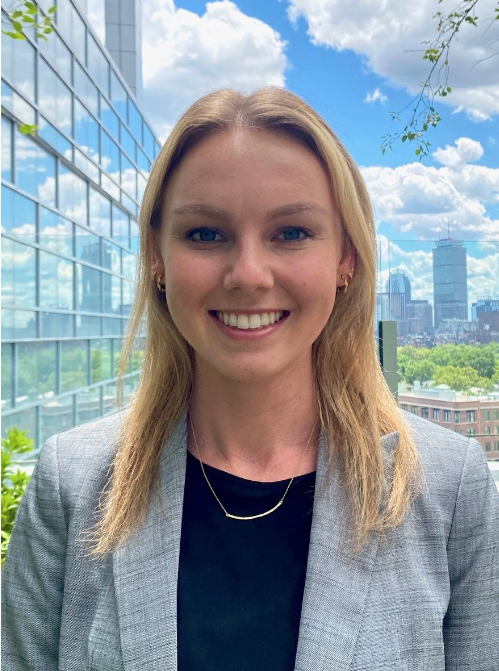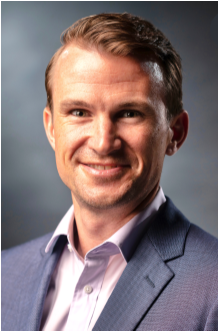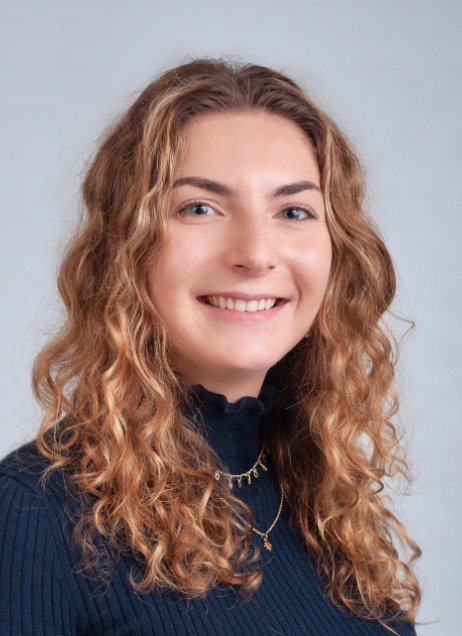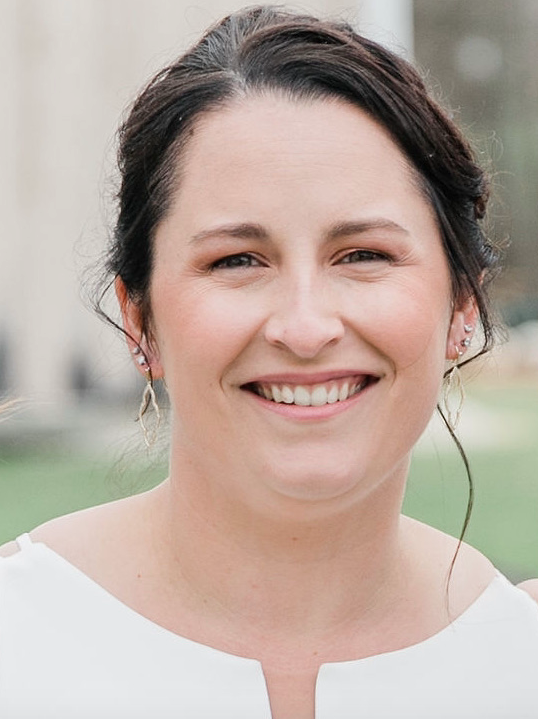
Name: Brianna Medeiros
Class Year: 2012
Title: Brianna Medeiros, APRN, NNP-BC
Organization Name: Women & Infants Hospital
1. In one sentence, what does your job entail?
I am a Nurse Practitioner in the Neonatal ICU (NICU) where I manage patient care, attend deliveries and perform resuscitative duties, perform various procedures, consult with specialists, and most importantly support patients and their families throughout their NICU stay.
2. What planned and unplanned events connected you to your industry and your first employer after Holy Cross? How did you learn/decide it was a good fit for you?
For as long as I can remember, I was always interested in a career in the medical field, and planned to work closely with children and families. While at Holy Cross, I took all of the pre-medical requirements and in my senior year, participated in the Internship Program where I spent a semester shadowing professionals in the NICU at UMass Memorial Hospital. After this experience, I knew that working in the NICU was my calling. I spent the first year after graduation working in clinical research at Rhode Island Hospital while contemplating my future plans. During that time, I discovered that I was interested in more of a “hands-on” role, similar to that of the nurses, so the next step for me was enrolling in nursing school. I graduated in 2015 with my RN and immediately applied to every NICU job I could find, which led me on a cross-country move to Arizona where they hired me as a new-grad RN. After a year of experience, I moved back to the Boston area and continued working as a NICU RN. As time elapsed, I knew that I wanted to be able to do more in terms of both patient management and hands-on skills such as procedures and resuscitations. In 2021 I graduated from the University of Connecticut as a Nurse Practitioner with my Master’s Degree specializing in Neonatal Medicine. Overall, I knew prior to Holy Cross that I wanted to pursue a career in medicine but it was through the different experiences both on and off campus that my path evolved into the career that I now have.
3. What were you involved in when you were on campus?
I participated in a number of different activities, including Novice Crew, SPUD, Eco-Action, Campus Ministry, 4 years of spring break service trips, and the Tanzania immersion trip.
4. What was your major and how did it affect your career decisions?
My major was Psychology and I was on the pre-medical track. I found Psychology to be very interesting and I thought that it would aid me well in my career as a medical provider. The pre-medical courses were very rigorous and I found myself less interested in medical school and more interested in other medical careers as time progressed. In hindsight, it was the best case scenario because it led me to the career that I am incredibly happy with and offers me a wonderful work-life balance that I don’t believe I would have if I chose to move forward with medical school.
5. What are one or two skills that you developed at Holy Cross that you use in your work?
Teamwork and a sense of community/compassion for others outlined most activities at Holy Cross, both academic and social. Teamwork was essential during labs, group projects, and for successful studying. A sense of community was present in all aspects of campus life, from the extracurricular activities (e.g. SPUD) to campus ministry, spring break immersions, and sporting events. As a Nurse Practitioner, I am completely dependent on teamwork and collaborate with nurses, respiratory therapists, physicians, social workers, and so many others on a daily basis; and of course compassion for others is the foundation of all (quality) medical care.
6. What advice do you have for students on campus today?
Enjoy the time you have on the Hill because it goes by so incredibly fast and take advantage of special opportunities you have while there. To this day I regret not studying abroad and in hindsight it would have been so worthwhile to spend that time even if it meant not finishing all of my pre-medical requirements. Ultimately, I did not need them anyway! If you are unsure about what you want to do in your career, use the opportunities that HC provides to explore – take advantage of the Internship and networking opportunities. There will be plenty of time after graduation to figure out your next steps, but there are so many opportunities on the Hill that you cannot take with you after you leave.
